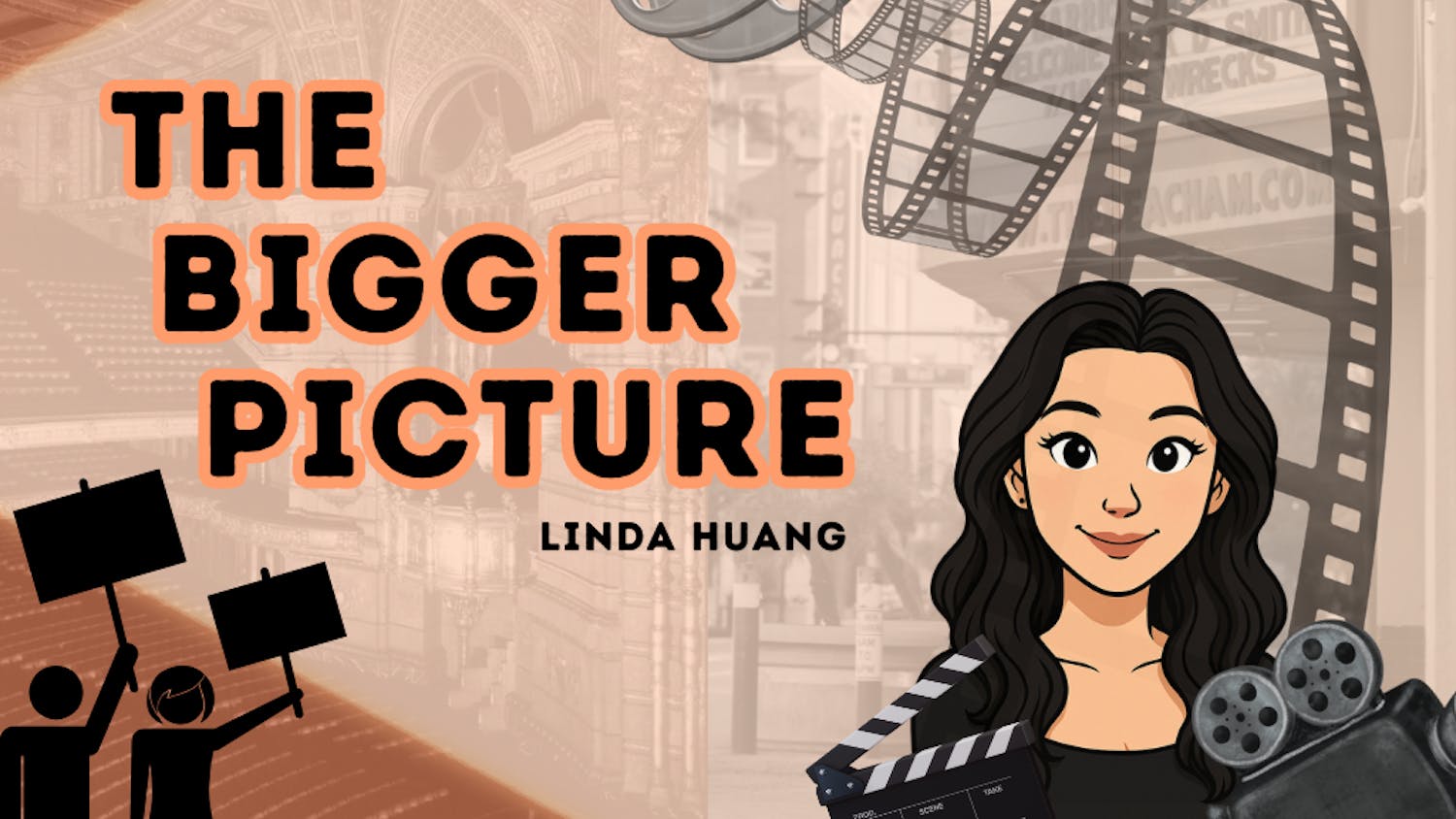With the writers strike of 2023 over, the big question is: When will the actors follow suit and leave the picket lines?
Even though both the writers and actors strikes started because of similar reasons, the two unions have had different levels of success in meeting their goals with the big studios. The actors strike, in particular, has continued because of disagreement surrounding increased actor residuals and the use of AI in film and television productions.
Many union actors do not make more than $26,000 per year, meaning many do not qualify for health insurance under current contract and income rules. You may think that because you just saw Robert Downey Jr. on Architectural Digest that he has to make bank. However, most actors are not R.D.J. and do not get paychecks like R.D.J.'s.
It is important to highlight that acting is not a typical job. Jobs in acting are not year-round nor are they consistent. Many actors hold second jobs to earn money when they are in need of extra cash and are not actively acting. As such, the paychecks that actors receive should accurately reflect their work by increasing their residuals in association with their streaming numbers.
The other highly important point of the strike relates to how artificial intelligence can change the entertainment industry. SAG-AFTRA has demanded better regulations on the use of AI in film and TV.
The use of technology, like Disney’s Medusa Performance Capture System, poses a big threat to actor job security. This system can reconstruct actors’ faces without their consent and use them in future film and TV projects. Disney has also created a task force to explore the use of AI and how it can further production advancements. These advancements generate fear in the industry that big studios may use AI to recreate humans instead of hiring actual human actors.
Not only can AI recreate an actor without their consent, but it also has the potential to recreate an actor’s likeness even after they have passed away. This allows studios to access an actor without having to actually pay them.
While it may seem that this technology is far in the future, studios have already begun pre-production for projects that recreate actors. For example, James Dean, who died in 1955, will make a CGI appearance in an upcoming war movie. Additionally, a “vubbing” tool called Flawless was named one of the best inventions of 2021. This technology can reconstruct actors’ mouth movements and generate dubbing in other languages. While this allows for more accessibility for viewers, it also raises concerns on how these facial scans may be used beyond “vubbing.” Even the current deepfake technology allows studios to de-age and slightly change the appearance of actors, as seen in “Indiana Jones and the Dial of Destiny” (2023).
With the rise of AI, studios must do more in order to ensure actors’ rights and bodily anatomy are protected. Until studios and the union can come to common ground about what this looks like, the strike will continue.






